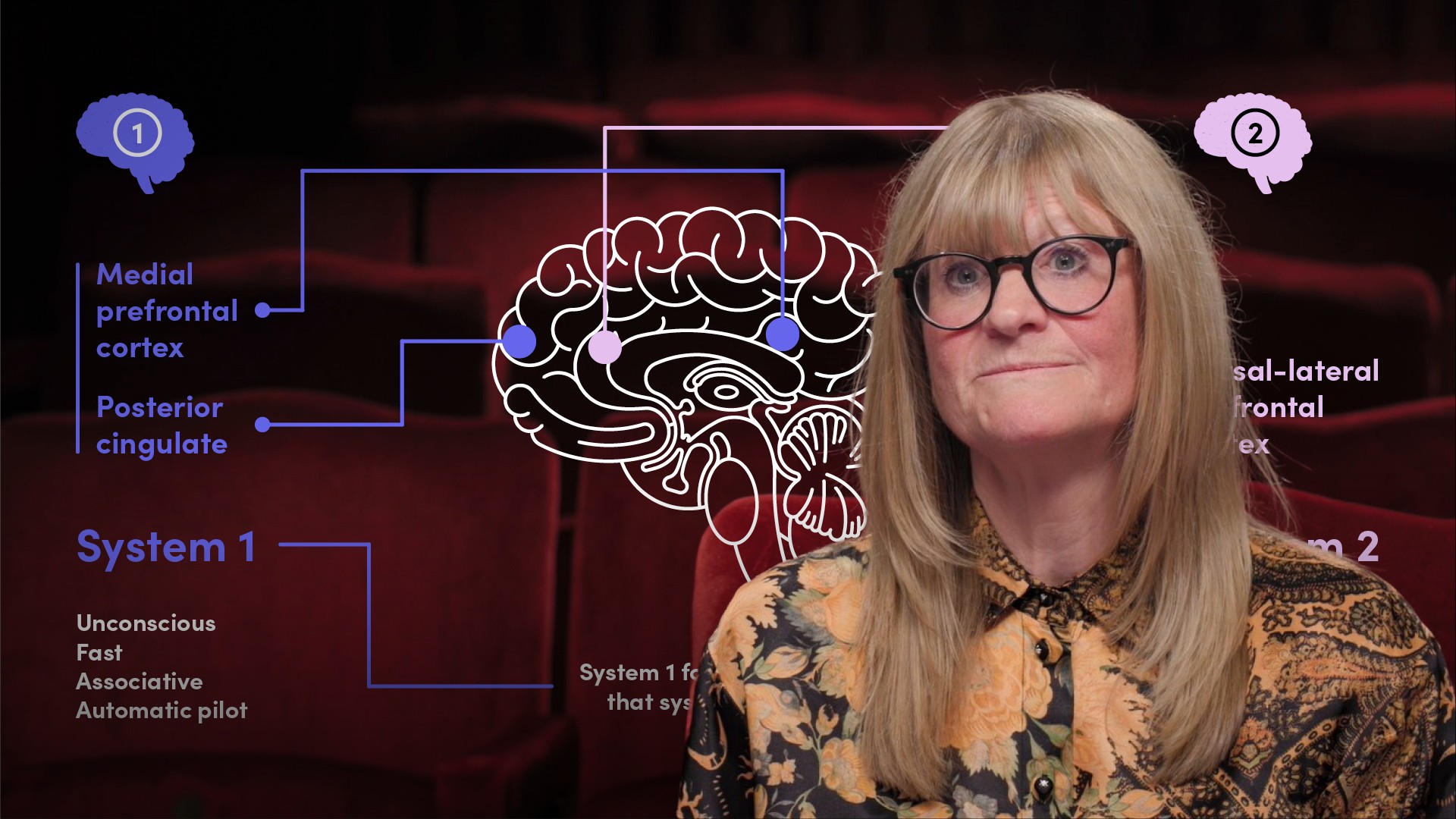
How Do Emotions Adversely Impact Listening?

Debbie Taylor
25 years: HR & Management
An important contributor to what gets in the way of good listening is our own emotions and feelings. In this video, Debbie explains how our inner critic, our emotions, and personal prejudice can get in the way of good listening.
An important contributor to what gets in the way of good listening is our own emotions and feelings. In this video, Debbie explains how our inner critic, our emotions, and personal prejudice can get in the way of good listening.

How Do Emotions Adversely Impact Listening?
5 mins 28 secs
Key learning objectives:
Understand how the inner critic gets in the way of good listening
Understand how emotions get in the way of good listening
Understand how personal prejudices get in the way of good listening
Overview:
An important contributor to what gets in the way of good listening are our own emotions and feelings.
How can the inner critic can get in the way of good listening?
Particularly when in an advisory role or position of authority or, we can feel that we have to know all the answers and can become defensive if others have different views or opinions. The video demonstrates this by way of an example of a client disagreeing with an Adviser’s approach and highlights how important it is to let go of the need to be the smartest and to listen with an open mind to a possible different approach.
How can Emotions can get in the way of good listening?
The mental biases we have talked about can lead people to only hear what they want to hear and if a piece of information makes them feel uncomfortable or is not to their liking, they will avoid absorbing it and put-up barriers. A good listener must not ride over the other person’s emotions and accept it may take some time for them to see things from a different perspective.
How can Personal Prejudices can get in the way of good listening?
Unconscious bias (also known as implicit bias) is when we form opinions about people based on our preconceptions, or social stereotypes. As the name suggests, these are often formed without us realising it. This means they could be based on our previous experiences, our upbringing, or a number of other factors. Unconscious bias at work can influence decisions in recruitment, promotion, staff development and recognition and can lead to a less diverse workforce. Employers can overlook talented workers and instead favour those who share their own characteristics or views.

Debbie Taylor
There are no available Videos from "Debbie Taylor"

